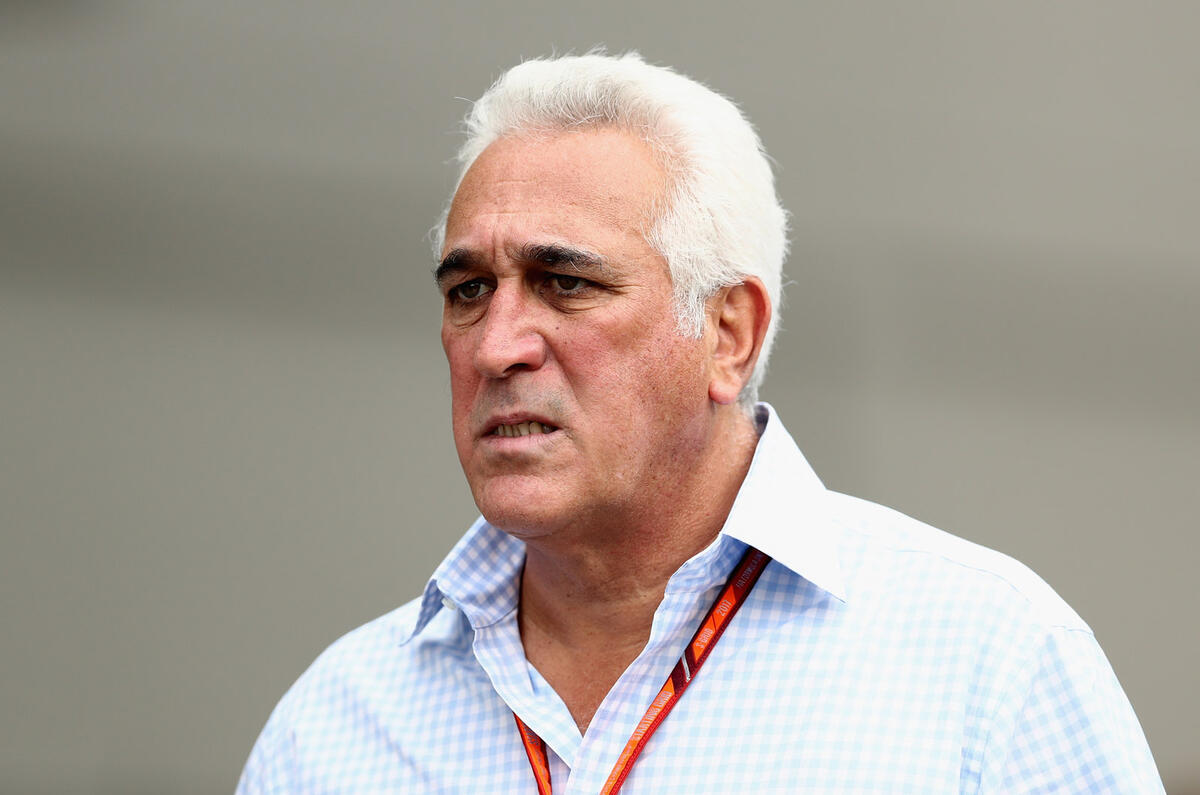At Aston Martin, high interest rates are nothing new.
Today the firm carries a net debt burden of around £1 billion. As an example, it famously made headlines in 2019 when it had to borrow £120 million back at an interest rate of 12%, such was its precarious position. As a result, a debt-rating agency labelled its shares as a “junk” investment.




Add your comment